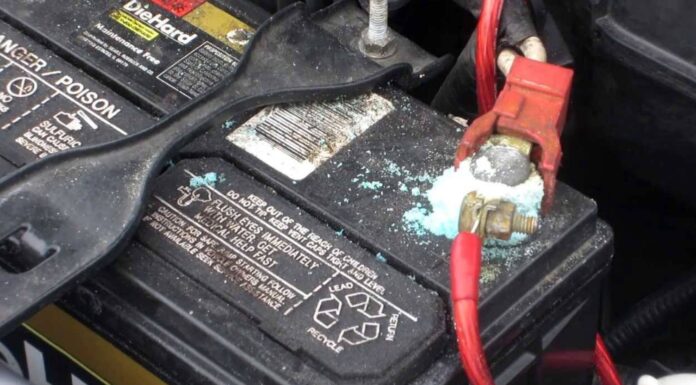How long will your vehicle battery last? Typically, the average car battery life ranges from three to five years. However, many factors can shorten your power cell’s useful lifespans: While some of these factors are out of your control, a few bad habits can impact it for the worse. This short guide explores corrosion, a serious problem that may prematurely weaken or even destroy your battery.
Battery Overcharged
When you overcharge your battery, you aren’t doing it any favors. Overcharging can actually reduce its useful lifespan. How? Well, overcharging cuts down on the battery’s voltage. The alternator responds by attempting to charge the battery and prevent total power loss. In some cases, a faulty alternator may repeatedly try to recharge the battery. As this cycle repeats, it prompts the battery to give off more hydrogen gas.
You can prevent your 2004 Mazda 3 battery or other models from overcharging by following some wise habits. Proper maintenance is key, including keeping tabs on the condition of your alternator and voltage regulator. Take care when using battery chargers: Do not exceed the maximum charging times recommended by the manufacturer. Finally, keep your car parked in shady areas during hot weather: Excessive heat can cause further recharging and worsen any already existing battery problems.
Terminals Are Not Clean
Battery corrosion also results from a lack of maintenance. This usually manifests from either acid leaks or vented gasses. If the terminals are not regularly cleaned, both of these can corrode the metal.
Leaking acid chemically reacts with the terminals, triggering corrosion processes. This is especially prevalent with older-style refillable batteries with removable caps. Vent holes inside these caps may allow some acid to leak if the battery has been overfilled. This corrosion generates a white powdery substance around the terminals.
Escaping gasses can also cause corrosion with a maintenance-free version like a Dodge CV battery. This type also has tiny vents to allow sulfuric gasses out. They can come in contact with battery terminals and cables, especially because the hood of your vehicle continually remains closed. All that buildup can eventually corrode the terminals over time.
Fortunately, cleaning your battery terminals is easy. All you need is a stainless steel wire brush to remove any built-up corrosion from the contacts and cables. As the last step, make sure you apply anti-corrosion terminal grease or protector fluid after cleaning.
Battery Is Too Old
Besides overcharging and failing to keep the terminals clean, other factors can lead to battery corrosion. While regular care may help you get the longest possible life out of your power cell, it will still eventually wear out. Older batteries lose their ability to recharge, especially near or past the five-year mark.
Battery corrosion is an annoying and expensive problem, but it’s also preventable. Typical causes include acid leakage, escaping gasses, overcharging and old age. Regular maintenance can counteract these factors: regular alternator and voltage regulator checks, monitoring battery condition and periodically cleaning the terminals. With these practices, you can keep your 2020 Ford Expedition battery in the best possible condition.






